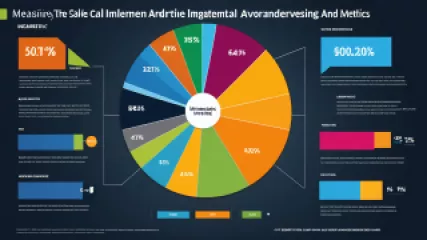How to Start a Therapeutic Writing Practice
1 year ago
Therapeutic Writing
My Journey Toward Altruism: A Personal Reflection
1 year ago
Psychology of Altruism
Measuring the Impact of Advertising: A Research Summary
1 year ago
Impact of Advertising
The Ultimate Guide to Managing Anxiety
1 year ago
Anxiety
The Ultimate Guide to Overcoming Anxiety with Online Mindfulness Sessions
1 year ago
Anxiety
How Can I Overcome Mental Fatigue?
1 year ago
Mental Fatigue Solutions
My Journey to Rediscover My Inner Drive
1 year ago
Motivation
8 Proven Ways to Combat Mental Fatigue
1 year ago
Mental Fatigue Solutions
How to Manage Anxiety Through Online Mindfulness Sessions
1 year ago
Anxiety
My Journey to Effective Behavior Management
1 year ago
Behavior Management
How Virtual Writing Workshops Can Improve Mental Health
1 year ago
Therapeutic Writing
The Impact of Advertising on Coaching Practices
1 year ago
Impact of Advertising
10 Surprising Ways Altruism Can Enhance Your Therapy Practice
1 year ago
Psychology of Altruism
Unlocking Cognitive Function: 5 Proven Memory Improvement Techniques
1 year ago
Improving Memory Techniques
10 Proven Memory Improvement Techniques from Scientific Research
1 year ago
Improving Memory Techniques















